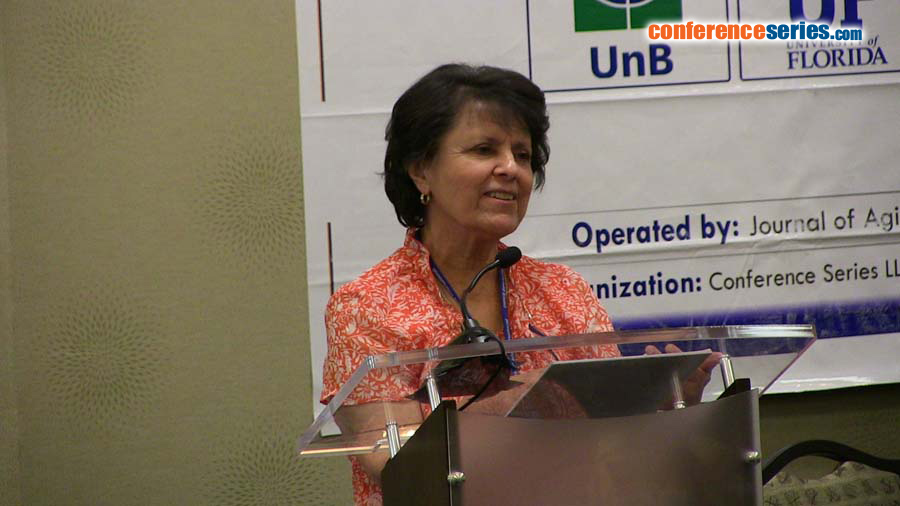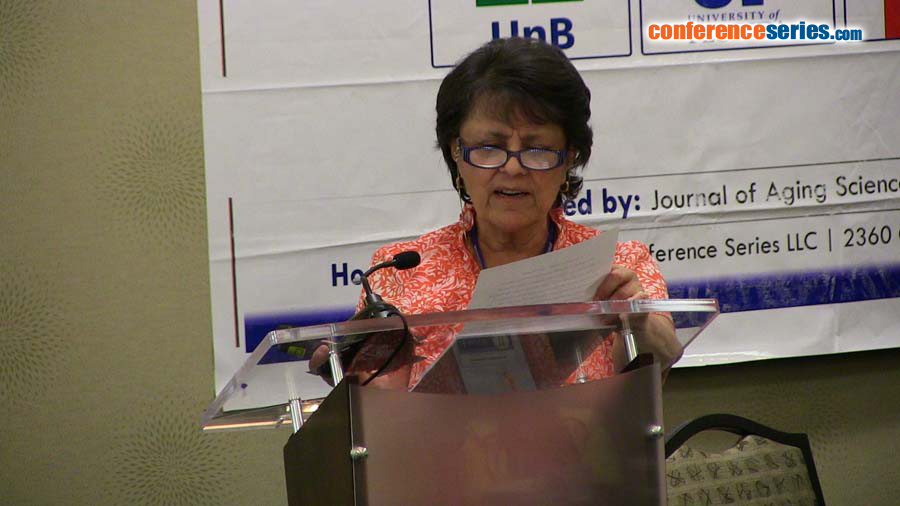
Elizabeth Rodriguez Kessler
University of Houston, USA
Title: Literary constructions of “older†characters
Biography
Biography: Elizabeth Rodriguez Kessler
Abstract
Beginning in the early 1980s with the persistence of Barbara McDonald, ageing gradually became not only of interest to, but also a serious topic for scholarly investigation and critique of Women’s Studies Programs. The growing body of knowledge about ageing was not however, limited to Women’s Studies, but continues to spread outside the field and to be an area of importance not only to women who have entered or will enter the "Othered" category that is old age” (Marshall vii) but also to men. Today, literary studies have produced criticism that interrogates the stereotypes of aging in works ranging from children’s stories to classic novels, poetry and drama. This article attempts to present a brief overview of how authors have sadly developed aging individuals with stereotypical characteristics that act as boundaries from which they cannot easily escape. Because these qualities are instilled in children’s minds from the time they have read fairy tales and learn to read independently, they grow up with a pre-conceived notion that older men are "helpless, incapable of caring for themselves and generally passive” Studies show that these ageist beliefs are perpetuated in children’s understanding as they age and as they read adult literature that continues to reinforce negative descriptions of older men and women. In this presentation, I will discuss characters in Hansel and Gretel, Rebecca, The Love Song of J. Alfred Prufrock and Fences, examining the trajectory of the descriptions of men and women who have become “Other.”



